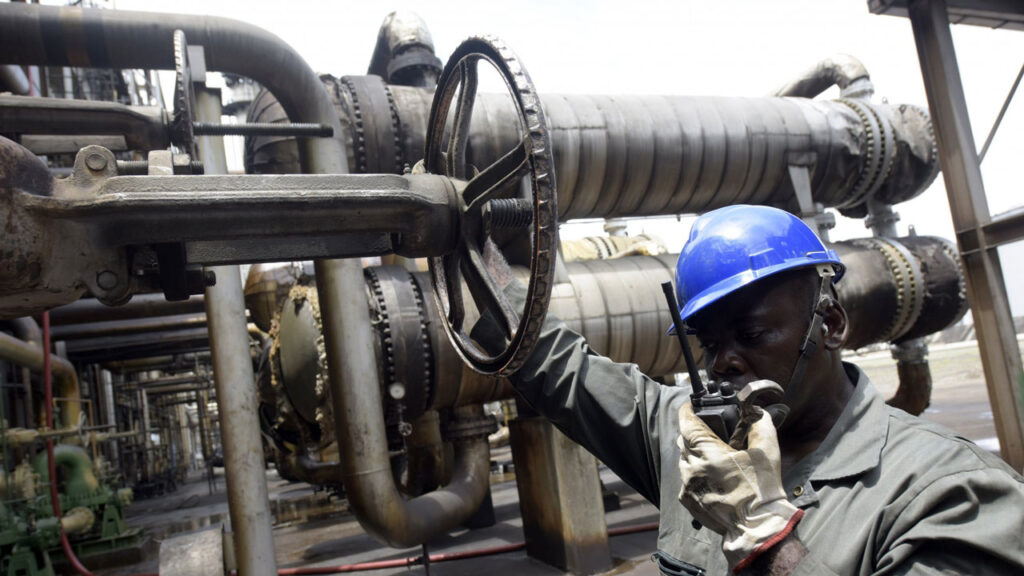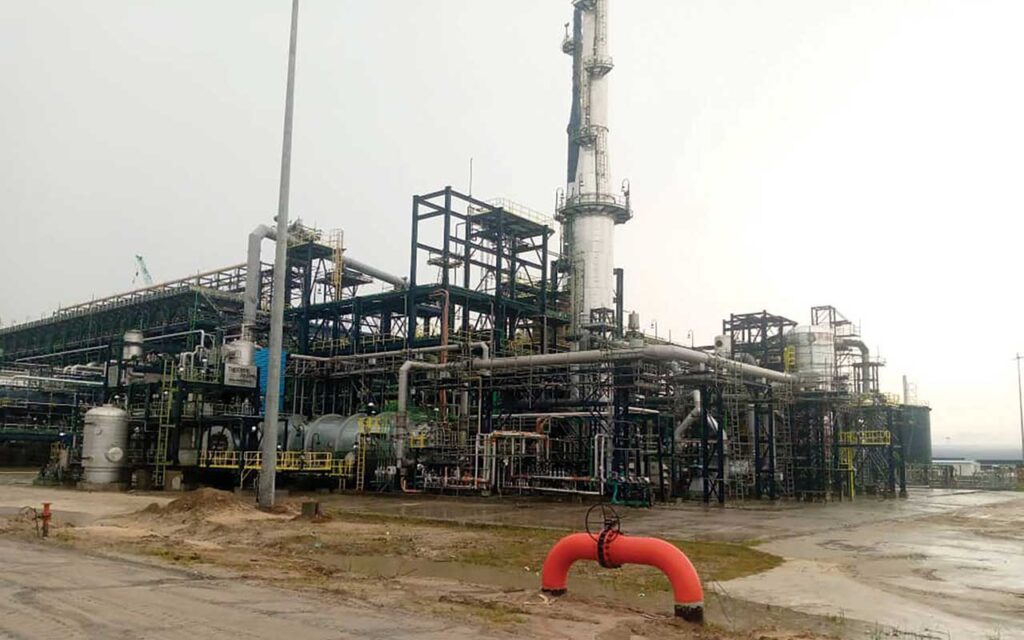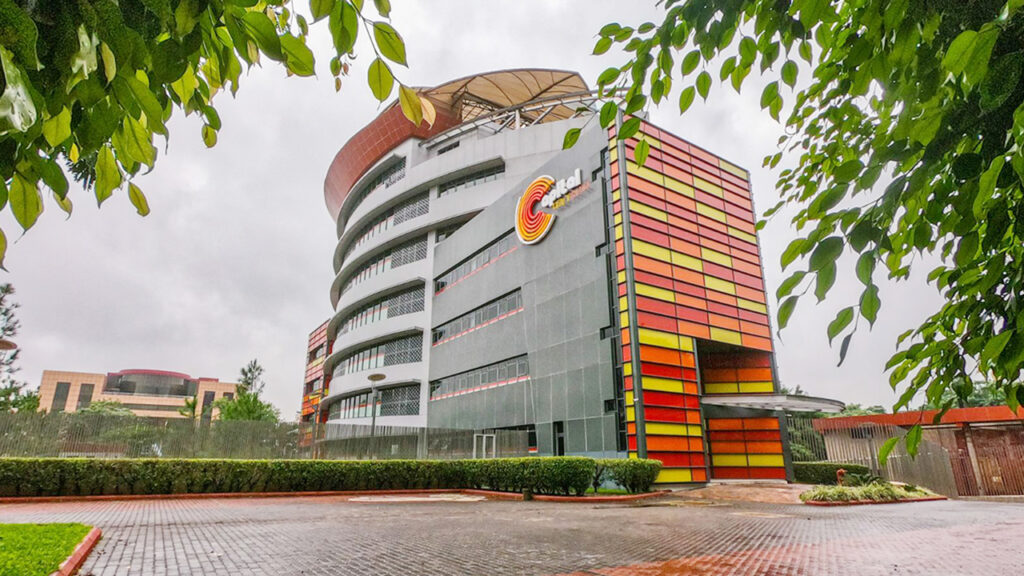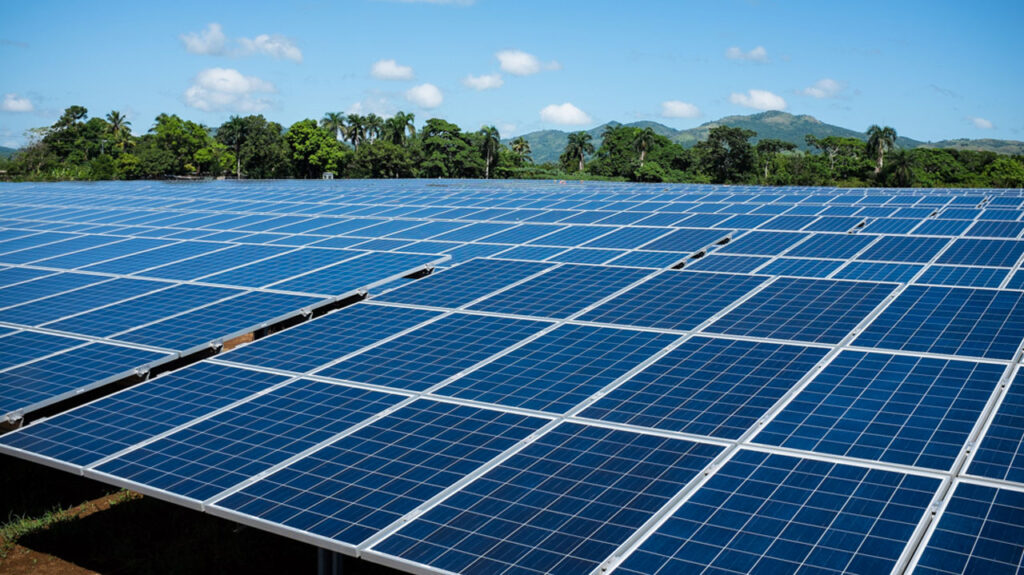 Sponsor of Nigeria’s Climate Change Act and former Member of the House of Representatives, Sam Onuigbo, has stated that renewables can provide the energy needed to fully industrialise Nigeria.
Sponsor of Nigeria’s Climate Change Act and former Member of the House of Representatives, Sam Onuigbo, has stated that renewables can provide the energy needed to fully industrialise Nigeria.
Onuigbo emphasised this during a series of interventions he made during the 14th International Renewable Energy Agency (IRENA) Assembly, IRENA Legislators Forum, Regional Energy Transition Outlooks in Africa, Operational Workshop on Regional Scenarios; the World Future Energy Summit hosted by MASDAR, all of which took place in Abu Dhabi, United Arab Emirates.
Reiterating that Nigeria has a huge energy market with about 90 million underserved people, the former lawmaker said that the government has gone ahead to create enabling environments for the flourishing of investments in renewable energy to address the huge deficit.
Elaborating on the concrete steps Nigeria has taken to make this possible, Onuigbo pointed out that the constitutional amendment that removed electricity from the exclusive list to the concurrent list and the subsequent enactment of the Electricity Act 2023 with provisions for off-grid and mini-grid generation and distribution of power are game changers.
He further stated that the Climate Change Act with its provision for research and development on renewables, Nigeria’s Clean Cooking Policy which seeks to achieve universal clean cooking energy access by 2030, and recent provision of subsidies to support the development and the operation of privately owned and operated solar hybrid mini-grids in unserved and underserved areas courtesy of a $750m World Bank loan facilitated under the Distributed Access through Renewable Energy Scale-up (DARES) project, are also proofs of the country’s commitment to providing fertile grounds for the country to benefit from the global ambition of tripling renewable energy capacity by 2030 and consequently industrialize therefrom.
Sounding a note of caution, the Member representing the South East on the Governing Board of the North East Development Commission (NEDC) advised international investors not to repeat the mistakes made by their predecessors during Nigeria’s telecommunications sector revolution which saw many of them lose out on the huge market due to wrong perceptions and poor business calculations and decisions.
He thus urged them to take maximum advantage of this opportunity both for the growth of their businesses, and the country’s growth.













